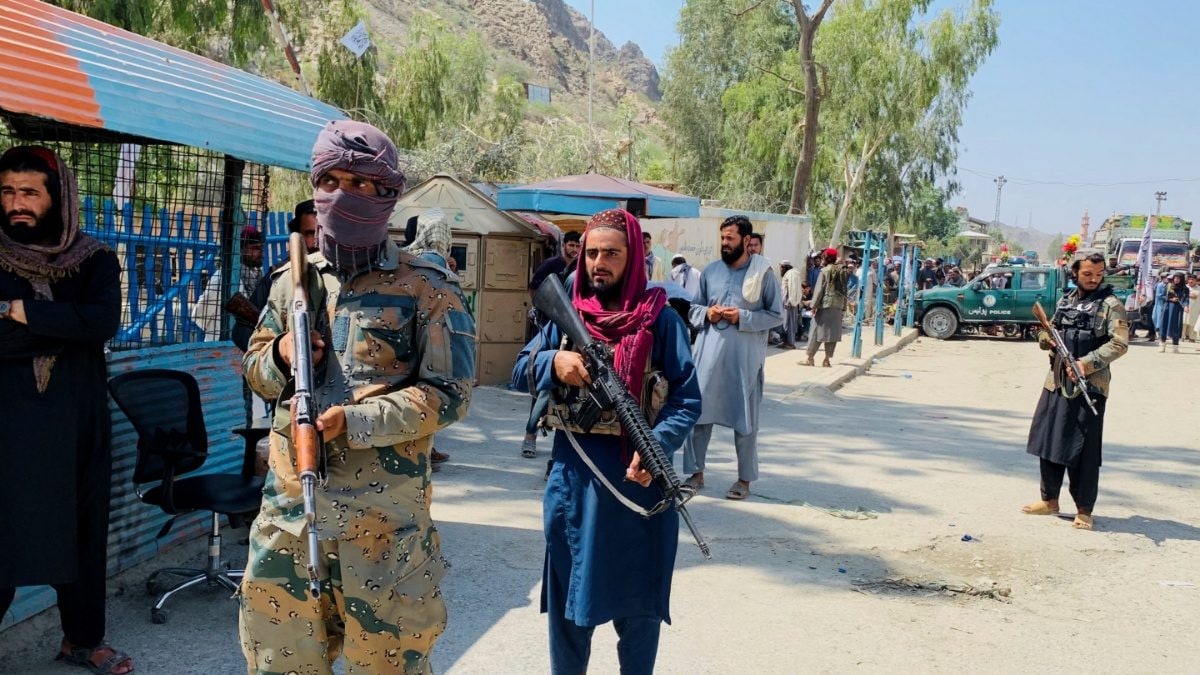The recent abduction and subsequent release of Pakistani Lieutenant Colonel Khalid Ameer and three of his relatives by the Tehreek-e-Taliban Pakistan (TTP) highlights the complex security situation in Pakistan and the significant influence of tribal leaders and elders in the region. While the military operation against militants has gained momentum, the TTP’s ability to conduct such high-profile abductions underscores the ongoing threat posed by these militant groups.
The Kidnapping: A Bold Statement
The abduction of Lieutenant Colonel Khalid Ameer and his relatives during a family funeral in Kulachi tehsil, Dera Ismail Khan, was a daring move by the TTP. This event shocked the nation and drew widespread condemnation, further raising tensions between the Pakistani government and the TTP. The TTP’s claim of responsibility in a message to Radio Mashaal underscored their intent to target high-profile figures, sending a strong message of their continued presence and influence in the region. This brazen act served as a reminder of the group’s operational capacity and its ability to strike at the heart of Pakistan’s security establishment.
A High-Profile Target
The choice of Lieutenant Colonel Khalid Ameer, a serving officer, was significant. His kidnapping highlights the TTP’s capacity to infiltrate heavily secured areas and their willingness to directly target the Pakistani military. The abduction sent shockwaves through the military and the broader Pakistani society. The TTP’s demands for the release of their captured members and their threats against the officer’s safety created a high-stakes situation for the Pakistani government, forcing them to engage with the militant group.
Negotiating for Release: Tribal Influence and Diplomacy
The release of Lieutenant Colonel Khalid Ameer and his relatives is a testament to the power and influence of tribal leaders and elders in the region. Their ability to secure the release through negotiations underscores their critical role in brokering peace and influencing the situation in areas where the government’s authority is limited. It reflects a delicate balance of power where tribal actors often serve as intermediaries between the government and militant groups.
A Long History of Mediation
The role of tribal leaders and elders in mediating conflicts in the Federally Administered Tribal Areas (FATA) and Khyber Pakhtunkhwa is a longstanding tradition. They often serve as representatives of their communities, able to exert pressure on militant groups and negotiate compromises. Their involvement in this case demonstrates their willingness to engage with militant groups and leverage their influence for the release of hostages. The participation of Afghan Taliban leaders in the negotiations also speaks to the transnational nature of these negotiations and the cross-border connections that play a crucial role in brokering agreements.
The Military Response and the Complex Security Landscape
The Pakistani government has launched military operations against militant groups, including the TTP, aiming to curtail their activities and dismantle their networks. While these operations have achieved some successes, the abduction of Lieutenant Colonel Khalid Ameer demonstrates that the threat posed by these groups remains significant.
Challenges and Uncertainties
The ongoing conflict between the Pakistani military and militant groups is deeply complex, marked by factors including:
- The Influence of Foreign Powers: The conflict is not confined to the Pakistani borders, with foreign powers including Afghanistan and certain regional players influencing the situation.
- Internal Divides: The TTP itself has experienced internal divisions and factions, making it difficult to negotiate a long-term solution.
- Challenges in Counterterrorism Strategies: The government faces challenges in dismantling terrorist networks and identifying and addressing the root causes of militancy.
The TTP’s ability to carry out these kinds of operations, coupled with the complex dynamics of the region, makes a decisive resolution in the short term unlikely.
Takeaways
- The abduction of Lieutenant Colonel Khalid Ameer demonstrates the continued threat posed by the TTP in Pakistan.
- Tribal leaders and elders play a crucial role in mediating conflicts and securing the release of hostages in the region.
- The conflict between the Pakistani military and militant groups is complex and intertwined with regional power dynamics, making a lasting solution challenging.
- The release of the abducted officer and his relatives highlights the importance of engaging with stakeholders and seeking a negotiated settlement.
- The security situation in Pakistan remains fragile and demands sustained efforts to address the root causes of militancy.




